
Will you be free tomorrow? 你明天有空吗?
He lives at 75 Xiangchun Road, Changsha. 他住在长沙市湘春路75号。
He sometimes goes there on business. 他有时到那里出差。
He has never been late. 他从未迟到过。
I was never very good at maths. 我的数学从来不好。
注:若为了强调,有时可钭频度副词放在句首,但值得注意的是,当never, seldom 等含有否定意义的副词放在句首时,句子须部分倒装。如:
Never have I read such a book. 我从未读过那样的书。
The film was quite good. 那影片相当好。
The lecture was fairly good. 报告相当不错。
It’s a rather sad story. 这是一个相当凄惨的故事。
注:修饰动词的程度副词则通常放在动词(及其宾语)之后,有时也放在动词之前。如:
I don’t like coffee very much. = I don’t very much like coffee. 我不太喜欢喝咖啡。
另外,enough修饰形容词或副词时,永远置于其后后。如:
Will you be kind enough to shut the door? 可否劳驾把门关上?
It’s clear enough what he meant. 他是什么意思很清楚。
4. 修饰动词的方式副词一般放在动词(及其宾语)之后,有时也放在动词之前。如:
We must learn to speak English fluently and correctly. 我们应当学讲流利正确的英语。
They warmly welcomed me at their offices. 他们在办公室热烈欢迎了我。
I need a few days to think over your proposal. = I need a few days to think over your proposal. 我需要几天时间来考虑你的建议。
I need a few days to think it over. 我需要几天时间来考虑它。(不能说 think over it)
6. 地点副词做定语时,须放在所修饰的名词或代词之后。如:
The people there are very friendly. 那儿的人很友好。
7. 修饰句子的副词一般放在句首。如:
Frankly, I am not satisfied with it. 坦白说,我对此不满意。
Luckily it was not so hot. 幸好那天不太热。
Seriously I wish to work here. 说正经的,我愿意在这里工作。
How did you enjoy your Christmas? 圣诞节过得如何?
Why haven’t you been to see me all this time? 你为什么一直没来看我?
9. 关系副词和连接副词一般放在从句的开头。如:
10. 方式副词、地点副词、时间副词等用在一起时,通常是方式副词在前,地点副词在中间,时间副词在最后。如:
The boy read quietly over there all afternoon. 这男孩整个下午都在那儿静静地看书。
注:对于run / go / drive / move / walk / head / leave 等表示位置移动词的动词,修饰它们的多个副词通常按“地点副词 + 方式副词 + 时间副词”的规律排列。如:
He went there happily yesterday. 他昨天高兴地去了那儿。










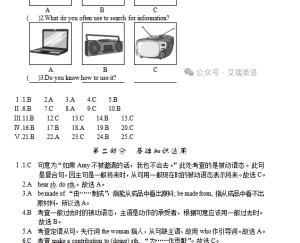
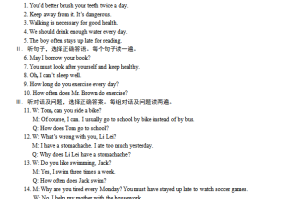


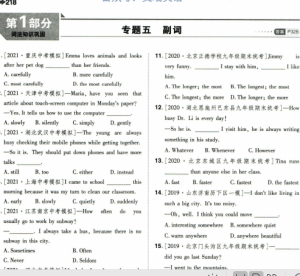
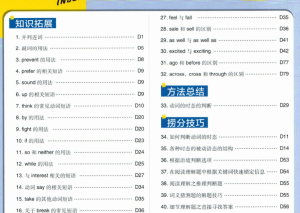
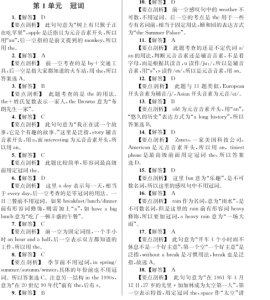
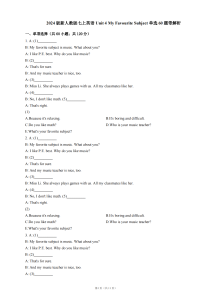




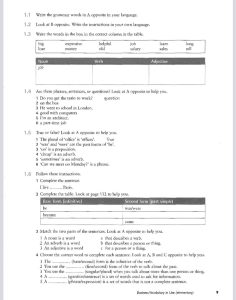


暂无评论内容